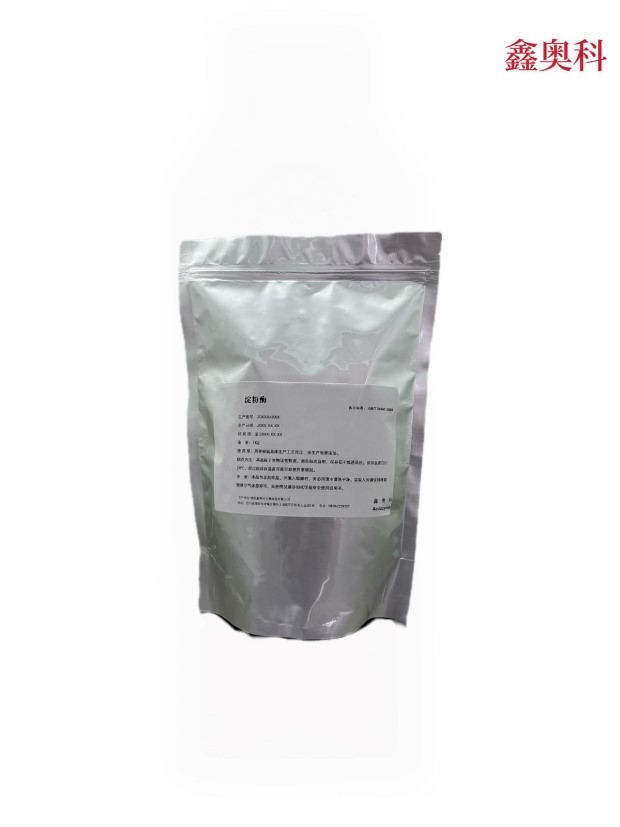Product Overview:
Amylase is an enzyme derived from Bacillus subtilis through deep fermentation. It is widely used in industries such as textile desizing and detergents. Amylase hydrolyzes the α-1,4 glycosidic bonds in starch molecules, breaking them down into short-chain dextrins and small amounts of low-molecular-weight sugars. Both amylose and amylopectin are decomposed randomly.
How It Works:
Amylase is effective in breaking down starch-based stains in detergent formulations. It hydrolyzes starch-based soils such as chocolate, mashed potatoes, noodles, and porridge into soluble dextrins, oligosaccharides, and small amounts of maltose and glucose, effectively removing starch stains. This also prevents other stains from adhering to the fabric due to starch residue, avoiding the formation of hard-to-remove marks. In laundry detergents, amylase brightens dull fabrics and helps prevent the yellowing of white garments caused by the mixture of starch and other stains. The amylase produced by our company maintains excellent stability in most detergent formulations.
Key Features:
- Effective Starch Removal: Breaks down starch-based soils like food stains into soluble sugars, preventing build-up on fabrics.
- Fabric Brightness: Enhances the brightness of dull fabrics and prevents the aging of white fabrics.
- Stability: Remains stable across a wide range of washing conditions, including temperatures of 20–60°C and pH levels between 7 and 11.
Application Instructions:
Amylase is active at typical washing temperatures (20–60°C) and pH levels (7–11). The recommended dosage in detergent formulations is 0.2–0.5%, depending on the specific requirements.
Packaging & Storage:
- Packaging Options: Available in 1kg/bag and 25kg/bag.
- Storage: Store in a cool, dry, and well-ventilated area, away from direct sunlight. When stored below 25°C, the product has a shelf life of 12 months. Some enzyme activity may remain after this period if stored under uncontaminated conditions. Adjust dosage accordingly if used past the expiration date.
Safety Information:
As enzymes are protein-based substances, they may cause allergic reactions if inhaled by sensitive individuals. Prolonged exposure may irritate the skin, eyes, and mucous membranes. It is recommended to wear protective masks when handling the product. In case of contact with skin or eyes, rinse immediately with water. After opening, reseal the bag or container tightly to prevent the deactivation of active enzyme components.




